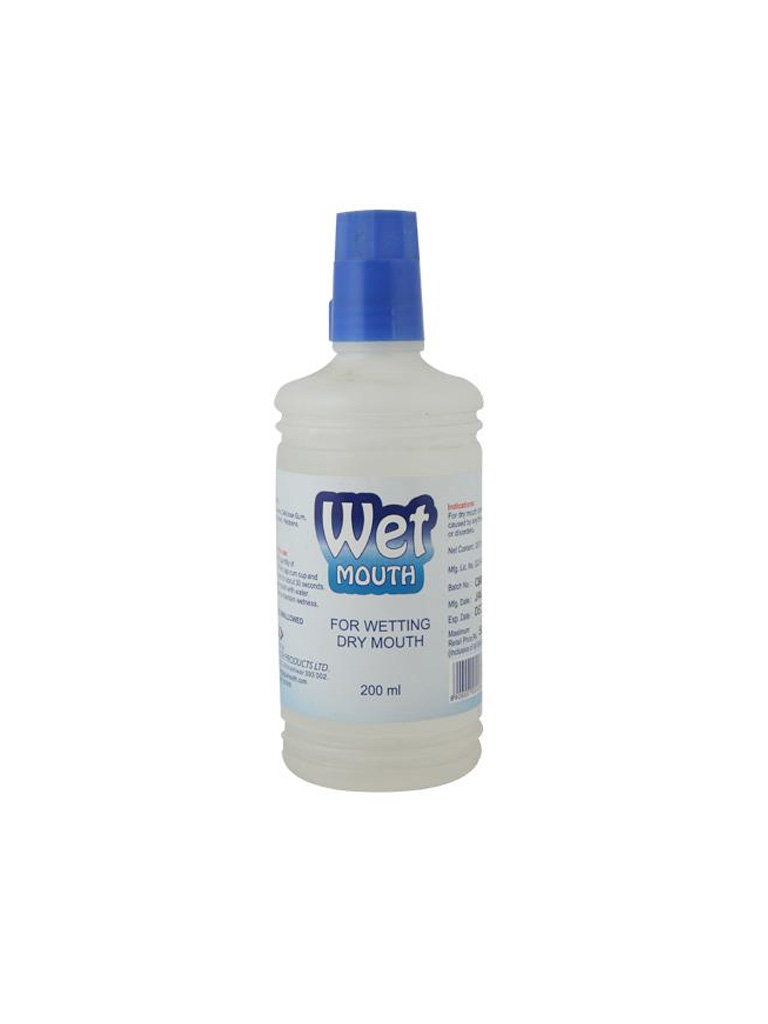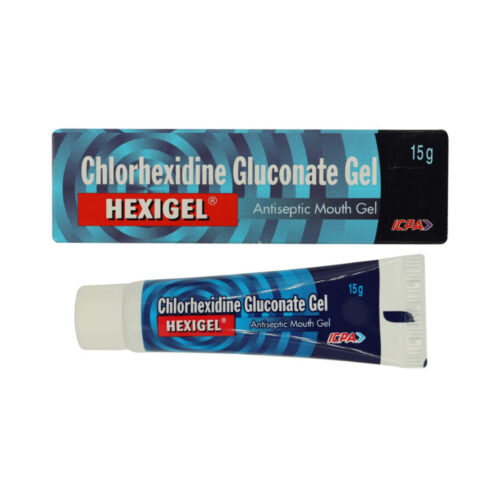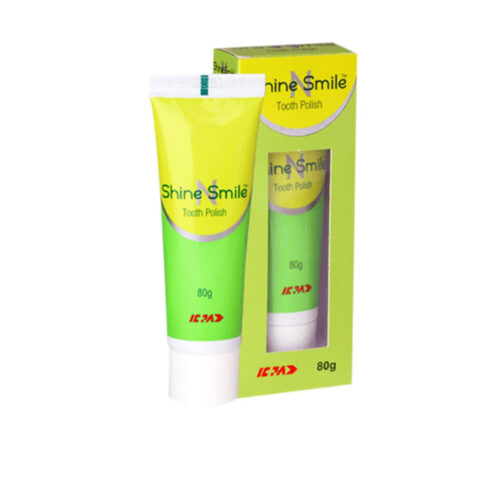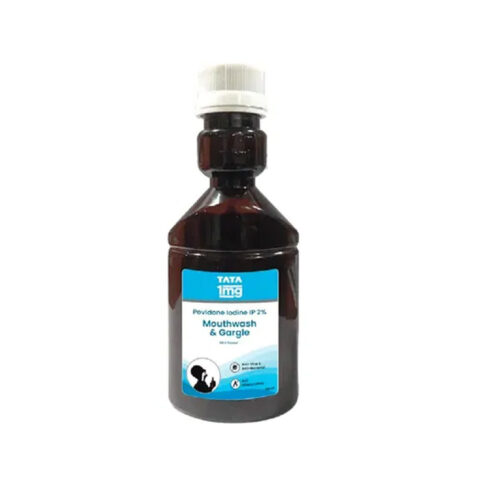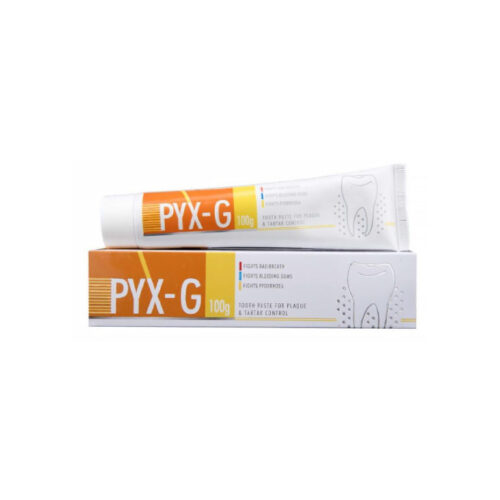Description
What is Wet Mouth® Saliva Substitute?
Wet Mouth® Liquid is a combination of two medicines used to treat dry mouth. It increases the amount of saliva and provides moisture to the mouth. This way it relieves discomfort and irritation caused by dry mouth. Wet Mouth® Liquid should be used in the dose and duration as advised by the doctor. Read the label for instruction before use. Do not use it too much or too little. Use it in the exact amount as prescribed by the doctor or as instructed in the label. This medicine is generally safe with little or no side effects. However, if you experience any symptom which you feel is caused by the medicine, let your doctor know.
A dry mouth is a feeling when there is not enough saliva in your mouth. Wet Mouth® Liquid helps to increase saliva and this reduces dryness in the mouth. It also maintains moisture inside the mouth and thus reduces the risk of gum disease, tooth decay, or infection inside the mouth. Take it as prescribed by the doctor to get the most benefit. Apart from this, drink plenty of water or suck on sugar-free candies to stimulate the flow of saliva.
Wet Mouth® Liquid is a combination of two lubricants: Carboxymethylcellulose and Glycerin which treat dry mouth, for wetting dry mouth conditions. It works by lubricating the mouth to provide temporary relief from burning and discomfort.
Saliva Substitute For Dry Mouth Relief
Saliva provides lubrication for chewing and swallowing and aids in digestion – but for some people, certain conditions cause a decrease in saliva flow and lead to dry mouth. Luckily, there are treatments available for dry mouth, including a saliva substitute. Here we’ll look at artificial saliva and how to care for a dry mouth.
Dry Mouth and Oral Health: dry mouth, also called xerostomia, can come from several conditions – medication side effects, autoimmune disease, chemotherapy, radiation, and more, as stated by the American Dental Association (ADA). Signs and symptoms can look like:
- A sticky, dry feeling in the mouth or dry feeling in the tongue
- Trouble chewing, swallowing, tasting, or speaking
- A burning sensation in the mouth
- Cracked lips, a dry, rough tongue
- Mouth sores, an infection in the mouth
What’s more, dry mouth can have an impact on your dental health and lead to tooth decay, inflammation, and oral infections. That’s because natural saliva works to cleanse your oral cavity, helps you to chew and swallow food, maintains a neutral pH in your mouth, and prevents demineralization of your teeth.
Why Use Artificial Saliva?
When it comes to treating and managing symptoms of dry mouth, you have options. There are three main courses of action: managing the medical conditions and medication(s) causing dry mouth, preventing tooth decay, and increasing saliva production.
When it comes to increased saliva production, your oral care provider might recommend an artificial saliva spray or rinse, which you can purchase over the internet at Tropic Pharma. In some cases, they may also prescribe a drug that promotes the increase of natural saliva. While artificial saliva products can help, they do not contain digestive and antibacterial enzymes or other biological saliva proteins and minerals.
Aside from artificial saliva, there are other remedies you can try to relieve dry mouth:
- Drinking water or sugarless, caffeine-free drinks
- Chewing sugar-free gum or sucking on sugar-free candy
- Using a humidifier at night, using lip lubricants
- Avoiding dry, hard-to-chew foods as well as salty or spicy foods
- Avoiding sticky and sugary foods
- Avoiding alcohol (including mouth rinses that contain alcohol) as well as tobacco
You may need to try a few different treatments to find the one that works best for you. Use artificial saliva as often as needed or per your doctor’s direction, but make sure not to eat or drink for at least 15 minutes after use.
Oral Hygiene for Dry Mouth
When you have a dry mouth, good oral hygiene is even more important to help remove bacteria and plaque biofilm that can cause tooth decay and gum disease. Brush twice a day with a soft-bristle toothbrush and fluoride toothpaste, floss daily, and use peroxide-free and alcohol-free dry mouth mouthwashes to avoid drying out your mouth.
If you suffer from dry mouth, be sure to reach out to your oral care provider to discuss your symptoms, and develop a treatment plan that works best. You don’t have to live day-to-day with the annoyance of dry mouth. Several treatment options, including artificial saliva, can get your mouth feeling healthy and back to normal.

